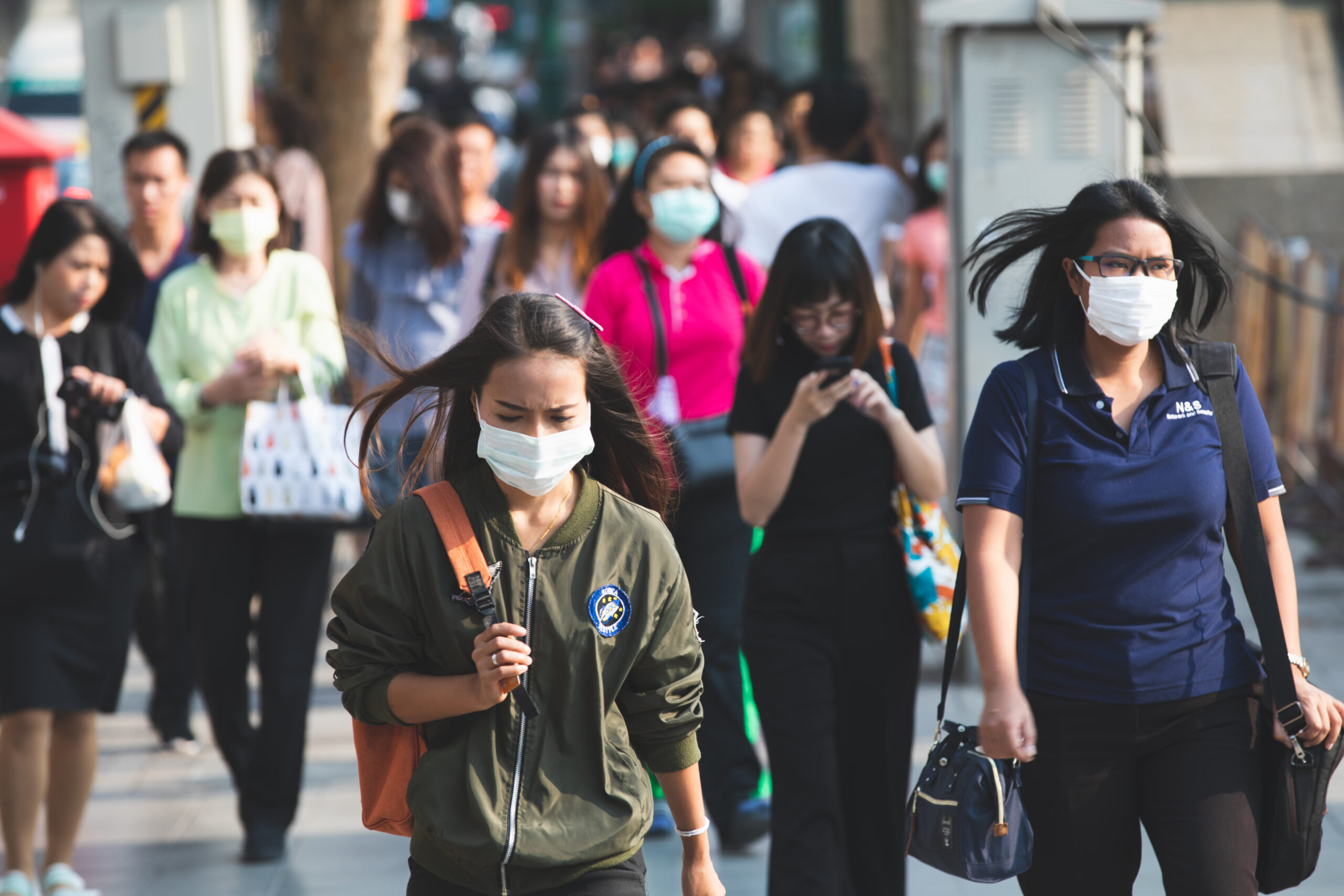The New Normal… Or, should we say the new New Normal, because it’s not the first time we talk in those terms. As a matter of fact, the term was first used in context of the financial crisis of 2008. And, more importantly, the global recession in the aftermath of it. Ever since, one uses The New Normal in a variety of other contexts to imply that something which was previously abnormal has become commonplace.
About this New Normal
Tomorrow’s environment will be different, but no less rich in possibilities for those who are prepared. It is increasingly clear that the current Covid-19 crisis is fundamentally different from recessions of recent decades. We are experiencing not a restructuring of ‘mere’ economic or financial order. We are heading towards a rethinking of life as we were consuming it.

The new normal will end ‘abnormal’ behaviour and excesses
What will be the new ‘commonplace’, based on what we see today:
- Social distancing after the quarantaine. Respecting one’s personal space will get new dimensions, for sure.
- Bridging distances – why and when is it really necessary to actually be physically there? That will be the question to be answered before one sets out an invite. A million meetings and travelling time (& costs) will be unmasked as unneccesary.
- The new normal screentime – because yes it can be a tool for social togetherness as we all tested thoroughly. The former non-digital elderly are connected nowadays and this maybe could be one step in the direction of solving loneliness.
- Travelling post Corona – this summer, we will re-invent the term of ‘staycation’. Rediscover your and new neighbourhoods and by doing so, support local entrepreneurs.
- Fashion will decelerate. The killing tempo of collection after collection, buying before you actually could wear it, impuls after impuls, fast fashion will get a lot slower. The millennial-attitude towards fashion will prevail. Millennials are becoming more conscientious of the products they buy, as well as the social and environmental implications behind them. However, Millennials with low discretionary incomes have limited choices in today’s marketplace. Will that change?
- Re-evaluation of supporting services. It was about time the services that keep a nation going, are evaluated as such. Nurses, busdrivers, supermarket employees,… Covid-19 put them in the spotlight. Never to get dimmed again.
- Re-evaluation of personal freedom. And the awareness that time can be spend otherwise than in consuming. Spending time will not always be equal to spending money. Time and how it is spend will hopefully be managed in a more personal conscious manner.
We can go on, and maybe it is a bit of wishful thinking, but this much is certain: when we finally enter the post-Corona epoque, our personal, business, economic and surely social context will not have returned to its pre-crisis state.
Why we write about this?
Because the new normal is urging us to tell stories differently. We will help preparing organizations to succeed in the new normal. Focusing on what has changed and what remains basically the same for their customers, their prospects, their employees. And helping organizations tell valuable stories in which their services and products blend in, in the new normal.
We amplify ambitious brands. Now, and in the new normal.
Written by Mie Van der Auwera – Managing Partner at MMBSY
We hope you enjoyed reading this article. Find this interesting? Keep an eye on our blog for more content.
MMBSY is a full-service PR & Content Marketing Agency.
Buzzing with lifestyle brands, powerful connections, creative craftsmanship and fiery business brainery.
Read our story here.
